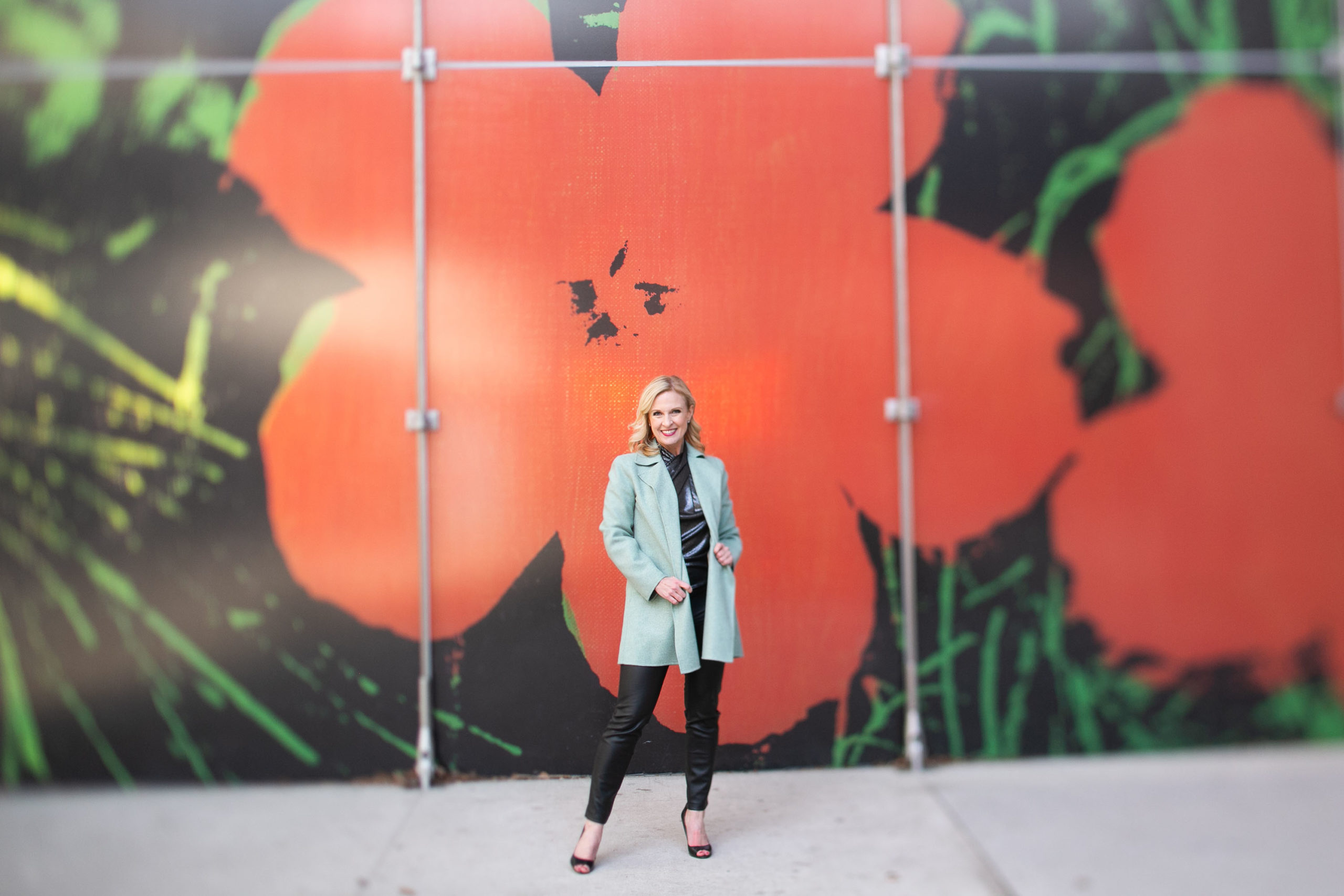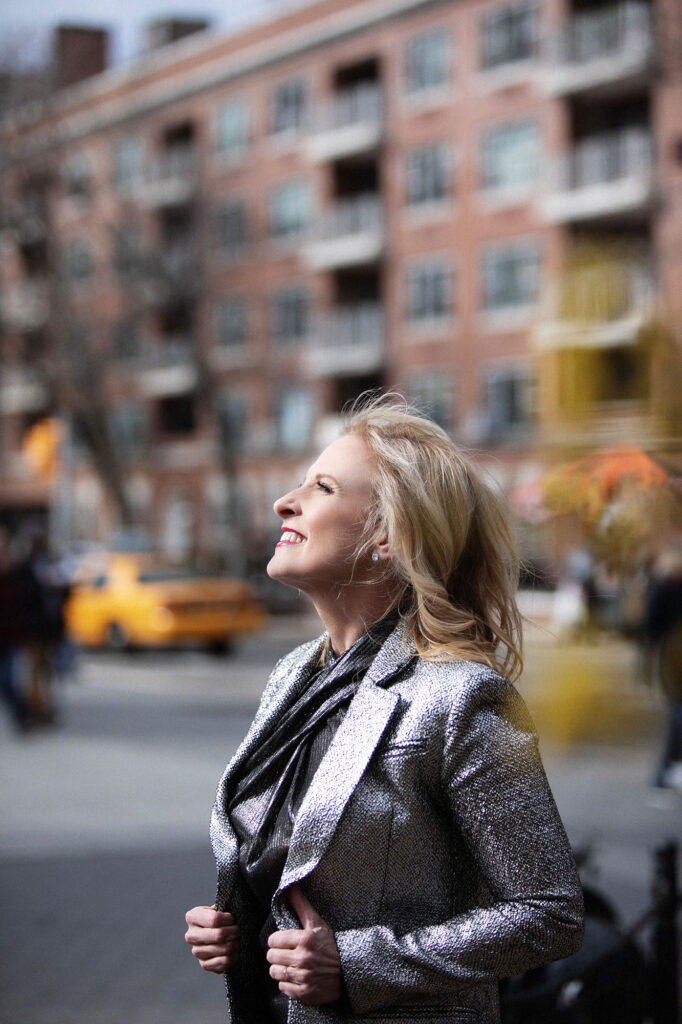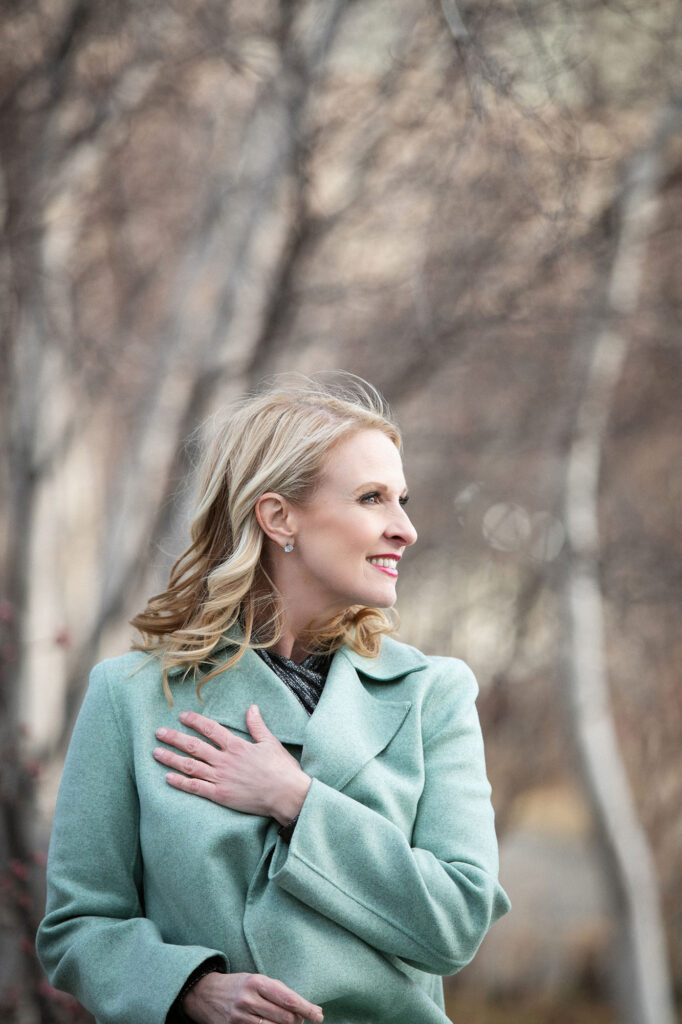
JENNIFER BROWN
By the Editorial staff
Hi Jennifer, thank you for taking the time to talk with us today and catch up with you. We’re looking forward to getting a little snapshot of your view of the situation in the US today. In our last interview, you mentioned that the rationale for D&I has shifted from a moral case to a more business-based one.
What are your thoughts on that now?
Our circumstances have polarised us, but there’s a lot we can agree on, particularly when it comes to the workforce and the wisdom of proactively shifting our demographics to meet a diversifying world. To me, the business case always works, because every community of identity is reflected in the current and, in particular, the future workforce. That’s not a political opinion – it’s based on demographic shifts, purely. At a time of extreme polarisation, I think the business case helps to take diversity and inclusion out of the moral arena and put it squarely in the marketplace rationale, which feels more objective. I think objectivity is a safe harbour for us, to start from the same set of facts, if you will.
How do you feel the pandemic has affected these issues?
The modern workplace wasn’t built by and for many of us. The difficulties we face are systemic, and people have been pushed to the brink with the added stress of the pandemic. Maybe this is wishful thinking, but my hope and expectation is that because many different demographic groups have found their voice through protests and social justice movements, accountability will continue to get more serious. For example, today in the US, we are witnessing a community finding its voice with Stop Asian Hate, a huge movement of people standing up for themselves. We’re also seeing this type of social justice movement unfolding around voting rights in Georgia and Texas. Accountability to address these issues is growing and looks very different from even a year or two ago.

JENNIFER BROWN. Founder and CEO, Jennifer Brown Consulting. Author, Inclusion: Diversity, the New Workpla- ce & the Will to Change and How to be an Inclusive Leader: Your Role in Creating Cultures of Belonging Where Everyone Can Thrive. Diversity and Inclusion Expert and Consultant
How would you say responses to these issues are changing?
Company after company is starting to step forward. The boundaries of what used to be “appropriate” for large employers to address has really shifted and that’s a great litmus test because these issues do affect employees. An example was the Chauvin trial in Minneapolis. It was riveting and heart-breaking for all of us, but particularly for Black employees. Leaders need to ask themselves: How do I address and account for things that are happening outside the company? How can I communicate: we care about you? Am I showing up as an empathetic leader? Empathy at work is recognising what a difficult time this is for all of us, and for some employee groups in particular.
Could you elaborate on the concept of being an empathetic leader?
It’s not something that many leaders are very good at. The tension is, how do I get the work done that we’re all accountable for, while still being empathetic. Some people equate empathy with loosening accountability. There’s such cynicism about trusting people; I don’t subscribe to that. To me it’s not an either or. Through being empathetic, we generate more engagement, satisfaction and productivity. Unfortunately, we haven’t incentivised empathy, or trained for it as a critical leadership skill. And right now, we’re all under a lot of pressure, so we tend to default to our old leadership styles, and that poses another challenge. When I work with senior leaders, I tell them the conversation about empathy may be uncomfortable, but that it’s a core part of inclusive leadership: it means you’re growing, trying new things. A lot of people are trying, awkwardly, and that’s what I encourage. What feels awkward today will feel more natural tomorrow, but there is no way to avoid it. If we avoid real conversations with people we work with, we are going to lose them.

Do you see that affecting specific demographics more than others?
We lost millions of women from the workforce last year because of caregiving pressures and a lack of flexibility and support, and that was a huge failure. Experts predict it rolled back our progress regarding gender representation in the workforce by at least a decade. We hadn’t invested in critical infrastructure to support all kinds of talent, we hadn’t prioritised it and we paid the price, women paid the price, women of colour paid the price. So, it’s just heart-breaking, we really failed our women. Not for lack of trying – some of us have been out here saying the house is on fire for years.
Where do we go from here?
The current “woke” environment of increased awareness provides the opportunity to re-write how we work together, how we see diversity and account for it, which is what we say about equity. Equity means seeing differences, not discounting them or pretending they don’t exist. We need to level the playing field. My biggest advice would be, have a different mix of people at the table, so that what we build next reflects the perspectives and experiences of all facets of diversity in society. We didn’t do that decades ago when the modern workplace was created by a very homogeneous group of people who built it to look like and work for them. In America, nearly half our population didn’t vote for the current president. The country remains deeply divided across partisan lines. In our workplaces, in our teams, we are around people who will disagree with the direction companies are headed to address inequities and injustices that impact certain communities. We have to create a dialogue and open the lines of communication. We have to create an environment of respect and civility, and learn how to practice inclusion – not just for certain groups, but for everyone.

So when it comes to skills, and employees with different skill sets and potentially disabilities, how do you think the current shifts in the American political landscape are affecting them?
The disabilities community was thrilled with Joe Biden’s American Jobs Plan, which includes a $400 billion investment to support and grow the direct care workforce, expand service delivery, and eliminate waiting lists. That means that people with disabilities and unpaid family caregivers can return to the economy. Groups like The Arc, for example, are delighted. There’s so much investment needed that has been absent, and this community has really been failed by a lack of consideration and inclusion.
Can you share with us something you have learned from your career by not getting it perfectly right the first time around?
Female founders don’t have a lot of female role models, and as an underrepresented person you’re at risk of adopting someone else’s view of success. In the early days, I had to hire people quickly, without an extensive network of female advisers. When I started the company, I was coming from a performing arts and HR background. I had a lot of access to male advisers because they were everywhere, and I ended up with a series of white male leaders in my business playing really high-level roles. This was 14 years ago, and my own conception of my leadership and vision hadn’t crystallised. It took me a long time to understand the power of my vision and to really live into that and manifest that vision in my workforce. I want this company to feel like a happy place, so I had to figure out what my own metrics of success are. I’m so committed now to only doing what feels authentic to me in this company. I think many underrepresented leaders have stories like that. The world tells you what it wants you to be. But at the end of the day, you have to determine what feels right – and you have to stick up for yourself and live up to your vision.